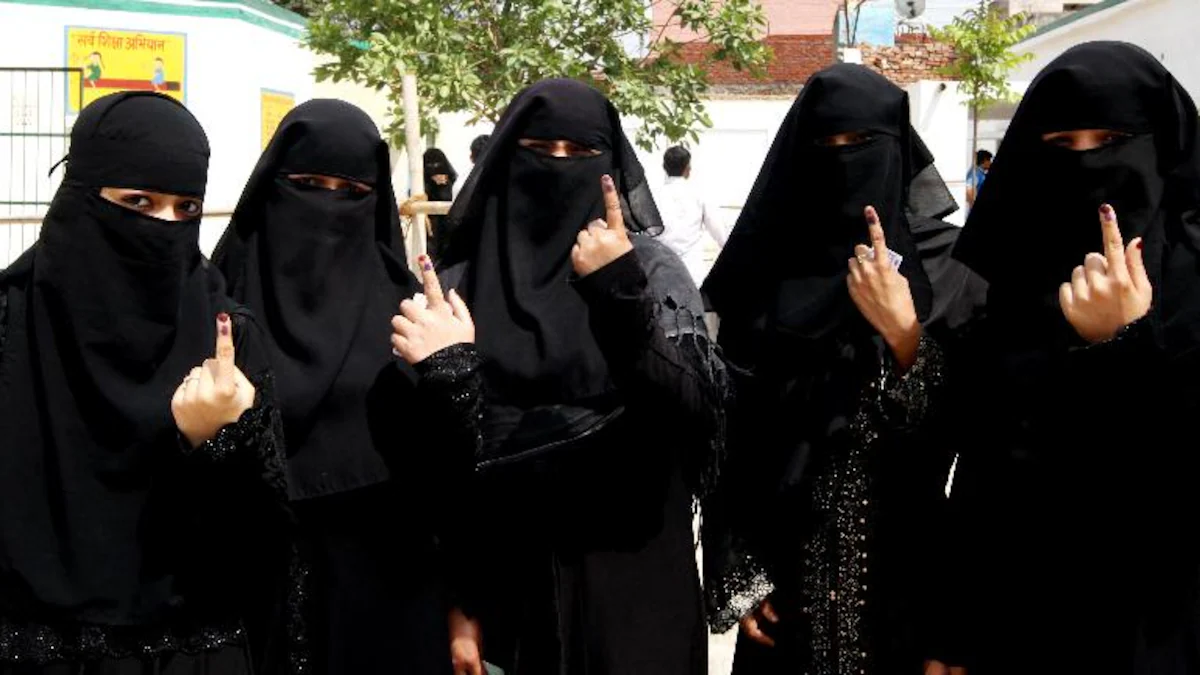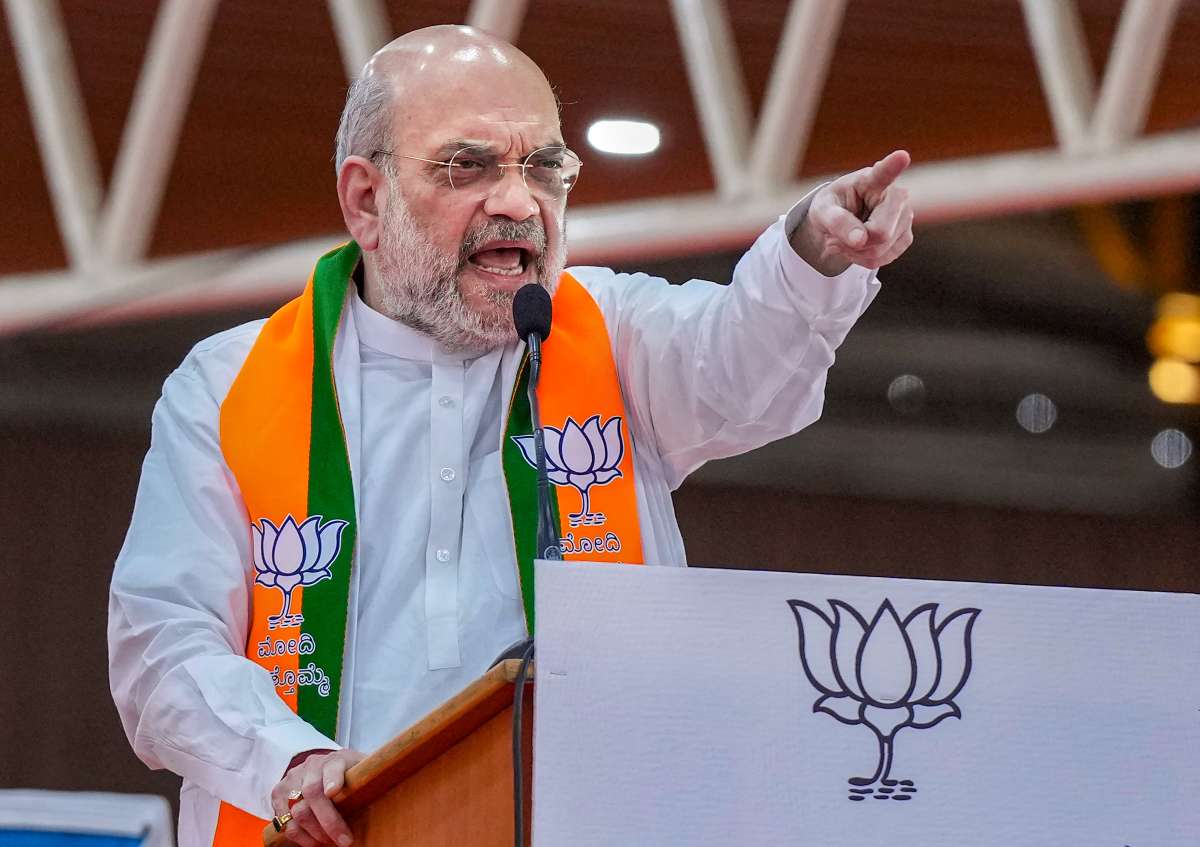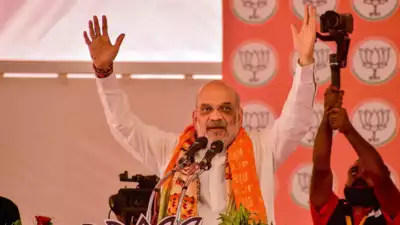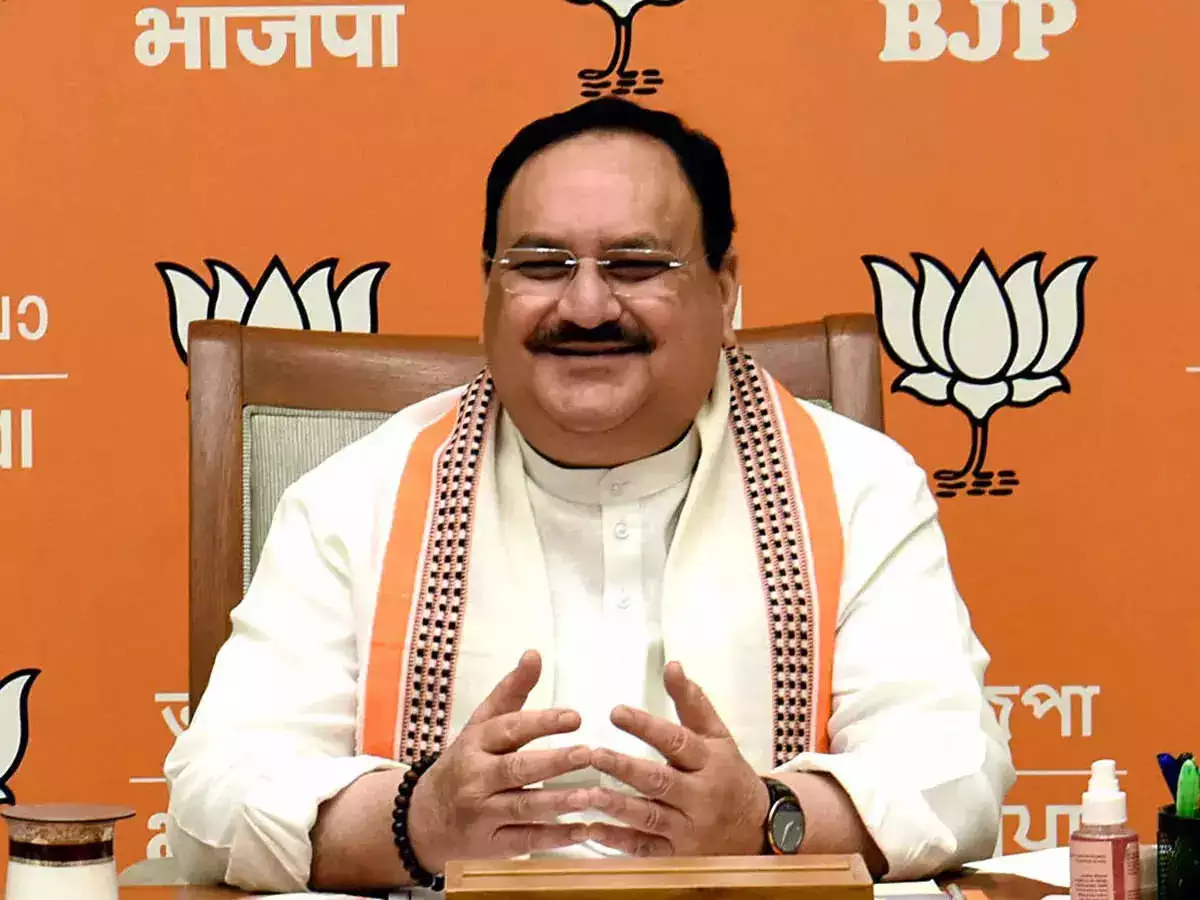KOLKATA: In a state long scarred by the Partition and its violence, religion has always played a subtle yet significant role. Over the past decade, however, religious expression in West Bengal has become more overt, with a noticeable increase in Ram Navami processions and the proliferation of Hanuman temples—symbols of a rising Hindutva movement.
In response, Muslims in Bengal have also begun to assert their identity more prominently, intertwining political messages with religious practices. This polarization is evident even among the educated urban population, further fueling the politics of division in the state.
Approximately 20 Lok Sabha seats in Bengal have a Hindu population ranging from 35% to 50%, making them fertile ground for polarization. Additionally, constituencies like Berhampore, Murshidabad, Jangipur, and Basirhat, where Muslims form the majority, are also crucial battlegrounds.
Historically, Muslim voters in Bengal supported the Congress and Left parties but have largely shifted their allegiance to the Trinamool Congress (TMC) since 2016, positioning it against the BJP. According to a Lokniti-CSDS post-poll survey, Muslim support for TMC grew from 51% in 2016 to 75% in 2021, while Hindu support for BJP rose from 12% in 2016 to 57% in 2019, then fell to 50% in 2021.
This shift in support played a significant role in halting the BJP’s progress in the 2021 assembly elections. With the Congress-Left alliance (jote) firming up for the 2024 Lok Sabha elections, the focus is now on whether TMC can maintain its Muslim support in key constituencies.
A Parallel Secular Front
Muslims in Bengal are not a monolithic voting bloc. The Indian Secular Front (ISF), founded by influential cleric Abbas Siddiqui of Furfura Sharif, emerged prominently during the 2021 Bengal assembly polls. The ISF, which aims to provide political agency to Muslims and Dalits, has fielded candidates in 14 Lok Sabha seats with significant Muslim populations.
TMC politicians believe Muslims will continue to support the party because Mamata Banerjee effectively countered the BJP in the 2021 elections. Mamata has emphasized unity and inclusivity, asserting, “Till the day I am alive, I will not allow separatist forces to create divisions among us on the grounds of religion and caste.”
She has also focused on the Citizenship Amendment Act (CAA) and National Register of Citizens (NRC) issues, positioning herself against policies that she argues unfairly target minorities.
TMC’s Local Strategy
Local TMC leaders are actively working to secure Muslim votes, particularly in constituencies where the Congress poses a significant challenge. For instance, Bharatpur MLA Humayun Kabir’s statements during communal tensions in Shaktipur highlighted the political stakes and the need for unity among TMC supporters.
Muslim Supporters’ Perspective
Muslims like Gofur Sheikh and Izahar Ali Naskar support TMC for its welfare schemes and its stance against BJP policies. However, there is also dissatisfaction among some educated Muslims over issues like unemployment and corruption scandals, which could lead to a split in the vote.
BJP’s Campaign Messaging
PM Modi and Union Home Minister Amit Shah have focused on issues like infiltration, CAA for Hindu refugees, and developments in Pakistan-occupied Kashmir to consolidate Hindu support. Shah’s rhetoric, framing the TMC’s governance as pandering to “Mulla, Maulavi, Madrasa,” aims to rally Hindu voters.
BJP believes its narrative, combined with other factors, will resonate with voters. BJP spokesperson Shamik Bhattacharya noted the significant number of Bengalis visiting the Ram Mandir in Ayodhya as a sign of growing support for the party’s agenda.
As the 2024 Lok Sabha elections approach, the contest for Muslim votes in Bengal will be a key determinant of the electoral outcome, with both the TMC and the Congress-Left alliance vying for their support.




